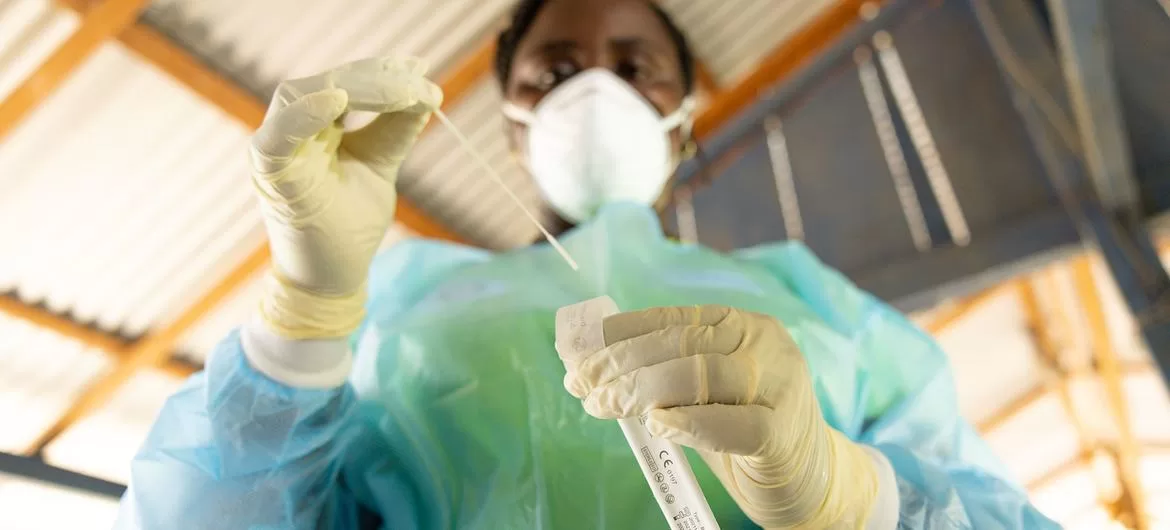Kinshasa, Democratic Republic of Congo – A flu-like illness that has claimed dozens of lives in southwest Congo in recent weeks might be malaria, according to preliminary results from laboratory samples, authorities reported on Wednesday.
“Of the 12 samples taken, nine were positive for malaria, but these samples were not of very good quality, so we are continuing to research to find out if this is an epidemic,” said Dr. Jean-Jacques Muyembe, director-general of the National Institute for Biomedical Research in Kinshasa. He added, “It is very likely that it is malaria because most of the victims are children.”
The head of the World Health Organization (WHO), Tedros Adhanom Ghebreyesus, also mentioned that while most samples tested positive for malaria, it is possible that more than one disease is involved. Further samples will be collected and tested.
In recent weeks, there have been 416 reported cases of the mystery disease and 31 deaths from it in hospitals, according to WHO. Congo’s health minister, Roger Kamba, added that another 44 deaths have occurred in the community. Most of the cases and deaths are in children under 14 in the remote Panzi health zone in Congo’s western Kwango province.
Panzi resident Ezekiel Kasongo shared that his 9-year-old son had just been released from the hospital after falling sick two weeks ago with high fever, headache, and severe weakness. “We were very worried because of the number of deaths, especially among children, but God be praised, he is out,” Kasongo told the Associated Press.
Symptoms of the illness include fever, headache, cough, and anemia. Experts from the National Rapid Response Team and WHO have been in Panzi to collect samples and investigate.
Accessing the Panzi health zone, located around 435 miles (700 kilometers) from Kinshasa, has been challenging. The experts took two days to arrive, according to Congo’s health minister. Due to limited local testing capacity, samples had to be sent to Kikwit, over 500 kilometers away, for analysis.
The Panzi health zone experienced a typhoid fever epidemic two years ago and is currently seeing a resurgence of seasonal flu, said Dieudonne Mwamba, head of the National Institute for Public Health. The area also suffers from high levels of malnutrition and low vaccination coverage, making children particularly vulnerable to various diseases, including malaria.
The ongoing investigation aims to pinpoint the cause of the illness and determine whether it is part of a larger epidemic. Authorities and health organizations are committed to finding answers and ensuring the health and safety of the affected population.
For more information, visit the website.












